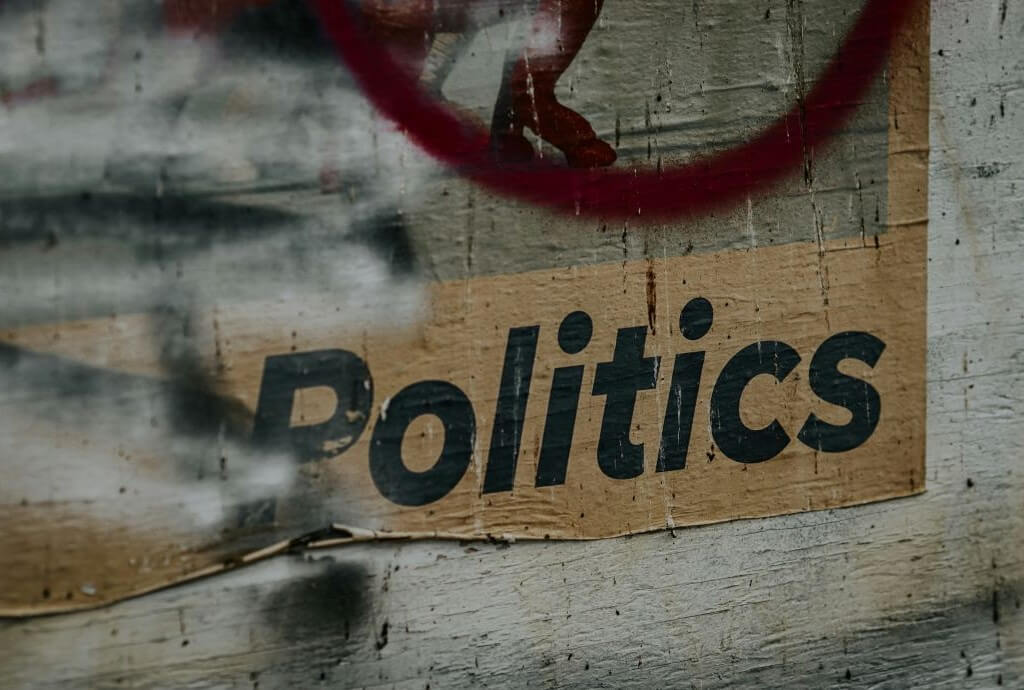In brief
- Progressivism began as a movement for workers’ rights and social reforms but today’s progressivism is often linked to “woke” or identity-based politics.
- Critics say it’s more about branding, pushing ideology and high taxes over practical solutions.
- In New Zealand, progressivism creates tension within the Labour and Green parties as they try to balance mainstream appeal with progressive values.
The shifting definition of progressivism
While progressivism’s meaning has varied over time, it was once a call for equality and workers’ rights. However, for some, progressivism has become a means of virtue signalling, with political figures promoting progressive agendas to project an image of moral superiority.
In an example from Canada, starting way back in 1942, the Conservative Party called itself the “Progressive Conservatives,” a label that acknowledged a desire for reform while remaining grounded in conservative values. The “Progressive” name was eventually dropped, in 2003, as they no longer wished to be associated with what that label had come to mean.
Today progressivism is, generally, the “woke” suite of beliefs, for instance that equity means equity of results (instead of equity of opportunity) between their chosen identity groups. It also includes what many consider extreme and non economic government response to a belief in man-made climate change, and, in NZ, very pro Maori leanings, among other things. For the record, while Centrist is not in favour of progressivism, we are in favour of people understanding and making their own choices as to what to support.
For critics, progressivism represents radical and rapid changes demanding greater government intrusions into peoples’ lives and increasing taxes. This extends to little concern or perhaps understanding of cost or practicalities.
Meanwhile, terms like “conservative” or “moderate,” many argue, are becoming more popular as people react to what they view as excesses of progressive politics – for example, the inclusion of trans-women in women’s sport, deemed by many as deeply unfair. The defeat of Kamala Harris in the recent US presidential election is seen by many as a defeat of progressivism.
Political tribes and the “zombie” vote
Detractors argue that progressives leverage labels to garner support while keeping voters uninformed on the practical outcomes of these policies. Voters often think of “progressive” as an inherently positive term, linked to improvement. But this branding doesn’t always account for the polarising aspects of progressive agendas.
This is especially true when those agendas focus on identity politics over common-ground issues. For example, DEI (Diversity, Equity, and Inclusion) initiatives are seen by its detractors as simply another form of racism and hypocritically illiberal towards one group of people.
Despite claims of politics becoming more “tribal” amidst “culture wars”, not everyone who identifies as progressive is part of the so-called “tribe.” Many voters are simply uninformed about the nuances of progressive policies, voting for candidates and parties without a real understanding of their agendas. This may be especially true in nations with two-party systems, where voters may support one side primarily to oppose the other.
These “zombie” voters—those who follow party lines with little critical thought—are a significant force in politics today. They’re the targets of marketing-savvy political campaigns that rely on catchy slogans over substantive debate.
Progressivism in New Zealand politics
In New Zealand, progressivism is primarily associated with parties like the Greens and factions within Labour. However, many Labour supporters don’t identify with progressive policies, which raises questions about how these parties balance mainstream appeal with progressive values. New Zealand’s political climate has seen significant tension as progressive policies were pushed by the former government, without a mandate, particularly on social issues.
The challenge for centrist and traditional voters is to separate ideological rhetoric from practical outcomes.



















